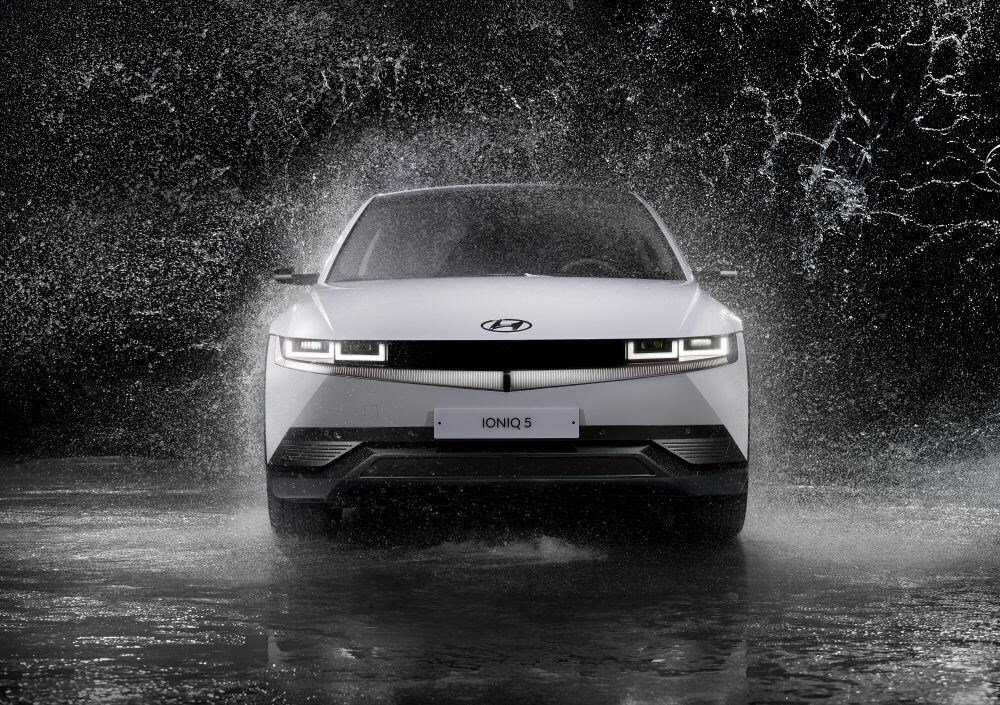您想继续阅读英文文章还
是切换到中文?
是切换到中文?

THINK ALUMINIUM THINK AL CIRCLE

Hyundai Motor India has presented an audacious road map for India till FY2030, which includes plans that extend beyond car launches. At its investor meet, the Korean automaker revealed a product roadmap that blends advanced lightweight materials, hybrid expansion, luxury positioning, and accessible electrification.

The big headline is the launch of the 2025 Hyundai Venue on November 4. The new-generation Venue is expected to integrate lightweight components. It also includes refined aluminium structures to improve fuel efficiency and enhance durability. Aluminium has already been a key enabler in Hyundai’s global vehicle architecture, and its increased use could make models like Venue more sustainable and easier to electrify.
Hyundai confirmed it will introduce 26 models in India by FY2030, including MPVs and a new off-roader. The growing segments are especially significant to aluminium manufacturers because SUVs and off-roaders depend on frames that are lightweight yet strong to offset the weight associated with hybrid and electric powertrains.
The company also revealed a major hybrid push: eight hybrid models by 2030. These vehicles will span compact and premium categories. Hybrids typically benefit from lightweight body structures to optimise energy efficiency, creating opportunities for aluminium component integration across chassis and closures.
Currently, Hyundai has only two EVs in India, the Creta Electric and the Ioniq 5. To compete with mass-market rivals like Tata, Hyundai will launch a dedicated, locally built EV with dual battery pack options and advanced driver assistance. Using aluminium in EV platforms can improve range and performance, a crucial advantage for India’s cost-sensitive EV buyers.
Another highlight, the luxury brand Genesis will arrive in 2027, with local assembly hinting at aggressive pricing. Lightweight luxury vehicles often integrate aluminium to maintain performance standards without compromising comfort.
Read More: BMW, Ford, Tesla, and Audi are reshaping car design with aluminium at the forefront
Hyundai commenced production at its Talegaon plant on October 15, 2025, boosting total capacity to over 1.07 million units by 2028. This scale-up suggests strong aluminium demand across body-in-white and structural applications.
The immediate focus is on the 2025 Venue, which brings dual 12.3-inch screens, level-2 ADAS and OTA updates. Aluminium’s role will be to support these tech enhancements without adding weight.
With hybrids, EVs and Genesis on the horizon, Hyundai’s FY2030 vision is not just about new cars; it’s a material shift. Lightweight aluminium will be central to balancing performance, emissions and cost in India’s evolving mobility landscape.
Read More: China’s electric vehicle boom powers its fight against pollution and climate change
Responses








